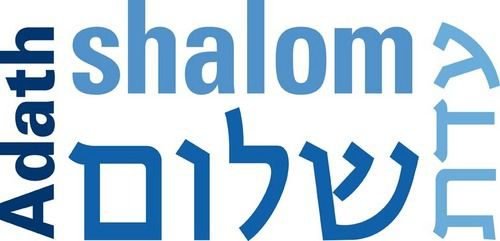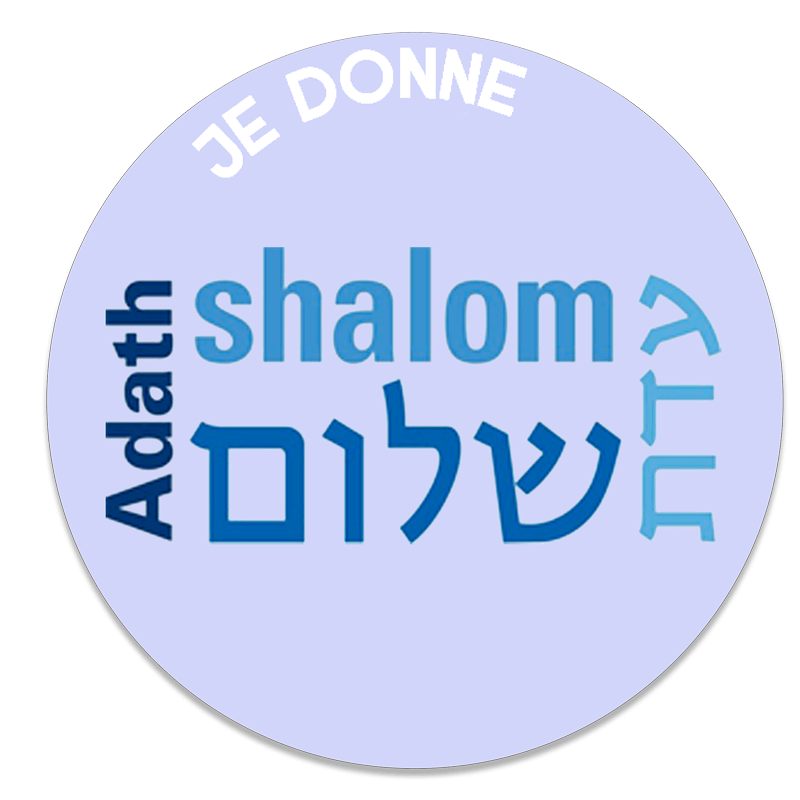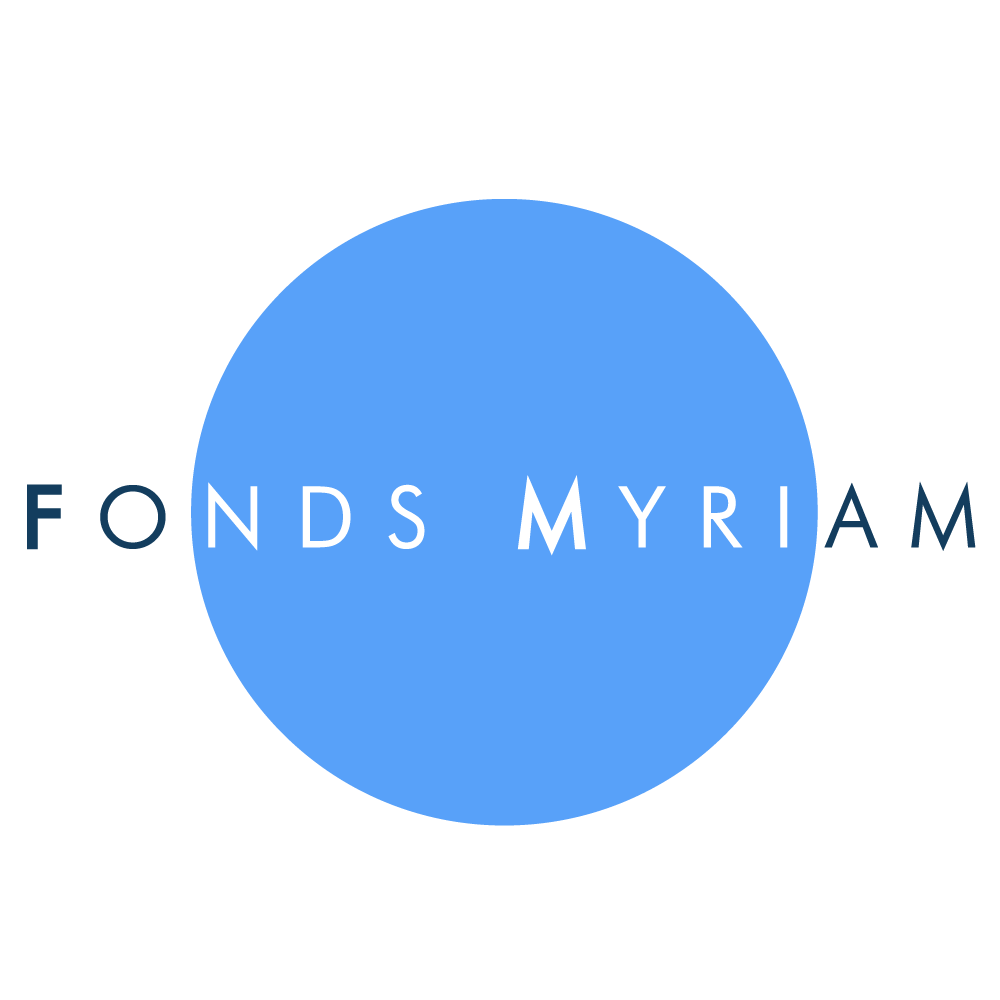Chukat 5782
In many Sefardi and Hassidic communities, there is a passage from the Zohar read on Friday night after kabbalat shabbat. It’s known by its opening word, Kegavna, or by its major theme, Raza deshabbat – the mystery of shabbat. There are some beautiful liturgical interpretations of this text – I think, of course, of the version ‘rozo d’shabbos’ by Pierre Pinchik, which was recorded here by our own Elkana Hayoun and the Adath Shalom choir led by Laurence Temime. But it’s not just the music which is powerful, it’s also the content.
What is the mystery of shabbat?
The Zohar has a surprising answer. רזא דשבת איהי שבת. The mystery of shabbat is shabbat! It goes on to describe how everybody is unified in prayer, and the people, chabbat, and God all become one. But the first phrase is important. Actually, there’s no deep mystical secret about shabbat that isn’t already there on the surface. But to access it, you have to be part of it – on the inside, not the outside.
I think many people here have had awkward conversations trying to explain Jewish practice. If I try to describe shabbat according to its details, it sounds very banal. We light candles, we say some prayers, eat some food, and don’t do all sorts of things. But actually, the mystery of shabbat is this: we light candles! We say prayers! We eat food! We refrain from all sorts of things!
When I am asked to explain the reason for all sorts of things on shabbat, why turning on a light switch or writing is considered work, for example, the reasons don’t sound convincing. But the details are part of a bigger construction of the experience of shabbat, and once that is understood – not intellectually, but internally – the details make more sense.
Meaning of the mitzvot
This is part of a bigger conversation about the meaning of mitzvot, or more precisely, whether or not mitsvot have a meaning. It’s tempting for me to translate the Hebrew word ‘Meaning’ , taam, in its other sense of ‘taste’, and ask whether the mitzvot have a taste or not. Once you’ve tasted ‘raza deshabbas’, the rational meaning is less important. But maybe the rational meaning is significant too.
The major proponent of the idea that they have a rational meaning was Maimonides. The third part of the Guide for the Perplexed categorises all the mitzvot and explains why they were given, why they all make absolute sense. If there are any commandments we don’t understand, according to him, it’s not that it is irrational, but only that we haven’t yet understood the reason.
On the other hand, you have thinkers like Yechayahou Leibowitz, for whom mitsvot are the only way we have of transcending ourselves, by obeying a command which is external to our comprehension. The more absurd a mitzvah is, the better. Being commanded not to murder or not to steal isn’t such a good mitsvah, we might have thought of it without the Tora, and therefore, our ego is still present when we keep it. But shaking a loulav or waving a chicken is much better – there we encounter transcendence. These kinds of mitzvot are known as houkkim, ordinances.
Rashi describes Satan and the people of the world teasing the Jews, asking the reasons for the prohibition on eating pork, or wearing shaatnez, or the rituals of Yom Kippour. And the only answer we have is: we were commanded so.
Hukkim or “meaningless” commandments
The ultimate example of Hukkim, seemingly meaningless commandments, are within the laws of purity and impurity, concepts which are hard for us to comprehend today. It’s not just irrational laws like a loulav, but an anti-rational system. For example, we have the mikveh, a gathering of about 350 litres of water that allows for the purification of people and objects. The water in the mikveh has to be mayim hayim, living water, water from a natural source such as a spring or rainwater that was never gathered in one place. Tap water, gathered in water tanks, is therefore forbidden to be used in the mikveh. But once we have the 350 litres of living water, if tap water is added, the mikveh is still kosher. If a litre of water is added and then a litre is taken away, it’s still kosher. Even if this is repeated until a majority of the water is tap water, it’s still kosher. Why? This is the kind of question Satan would ask.
Another example, if you fall into a mikveh, you are not pure. But if you intend to descend into the mikveh, you are pure. The Talmud describes a person walking with impure vessels when a tidal wave of 350 litres of water threatens to engulf them. The Talmud rules that if the person intends to purify the vessels with that water, they are then pure, and if there is no intention, the vessels remain impure. (This assumes that the person survives the tidal wave, but the Talmud isn’t interested in the narrative details of this example!)
The enigma of the red cow
The most famous example comes from our paracha: there is a ritual to purify somebody from contact with the dead. The ashes of a completely red cow are mixed with living water and sprinkled over the impure person. The person is now pure, but the priest who sprinkled the water is now impure, and needs to go to the mikveh. Why? According to the midrash, King Solomon knew the reasons for every commandment except for this one. He says in the book of Eccelsiastes,
כָּל־זֹ֖ה נִסִּ֣יתִי בַֽחָכְמָ֑ה אָמַ֣רְתִּי אֶחְכָּ֔מָה וְהִ֖יא רְחוֹקָ֥ה מִמֶּֽנִּי׃
“I said that I will seek wisdom, but it was far from me.”
The meaning of this ritual is incomprehensible. It seems to me that these two facts are connected – not understanding, and continuing life after an encounter with death. If the process of continuing life could be understood and explained, then the effects of death wouldn’t be so profound that we would term it ‘impure’. Just like the taste of Shabbat and the taste of mitzvot, there is an understanding of the rituals around death that doesn’t depend on rational explanations.
Singing as a mode of expression
Rabbi Nachman of Breslov teaches of the encounter with the halal hapanouï, the empty nothingness that was created by God’s retraction from the world. This empty nothingness is the raw reality of our universe, and the source of all heresy. If people say that God doesn’t exist, in a way, it’s true. There are spaces in creation where God seems to be absent, we encounter them when we encounter death, tragedy, absurdity. Anything which is said about the ‘empty nothingness’ is dangerous, and therefore Rebbe Nachman cautions us to be silent. But then he explains how Moses was silent about this reality: he sang. Az yashir Moshe, “then Moses sang” – in music, we are able to express things without being stuck to the limitations of language.
In our paracha, we have all sorts of songs that the people sing spontaneously – az yashir yisrael – every time Miriam and the well provide them with water.
We have today quite a few people who appreciate the power of music to give more sense to life, more taste to life. I’ll mention the two most obvious ones. Elkana, we celebrated your beautiful marriage to Clara this week. You are our Chaliah Tsibbur, our messenger in prayer. Your job now is to internalise your love and be able to express it for us in the words that you pray for us and with us. Lea, you also have a task. You’ve learned a lot already, with your family, at the Talmud Tora, with your tutor Goty. Your job as an adult Jewish woman is not just to know things about Judaism, but to taste Jewish life, to have fun with it, to understand it with your body.
I wish you both success, and a grand mazal tov!




